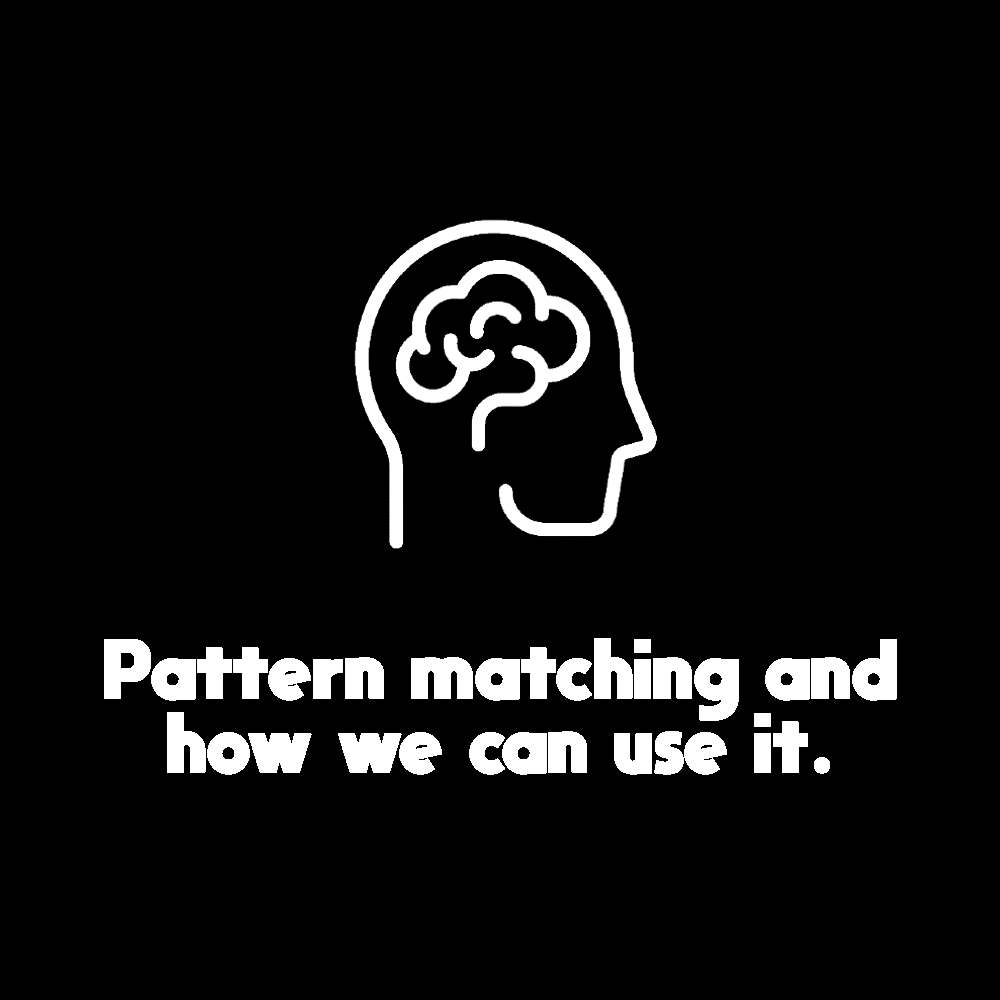
Patterns are all around us and the world around us uses them to predict what would happen next. Our brain collects patterns every second and matches them with the already existing database of patterns it has stored.
Here are two examples of pattern matching:
#1
If a small child wanted to be held up by his mother, it would only take a few iterations for the child to piece things together. He would realize that if he cried his mother would pick him up. Now that he understands the pattern, he can use it whenever he wants to get what he wants.
#2
There was an experiment called “Pavlov’s Dog Experiment”. To explain it briefly, Ivan Petrovich Pavlov researched and discovered a remarkable scientific discovery called Pavlovian conditioning.
Before the experiment, if Pavlov brought food to his dog, the dog’s mouth would fill with saliva as it saw its meal. If Pavlov would have rang a bell, the dog would show no signs of reaction. Pavlov then proceeded to ring a bell before he gave his dog his food every time. Because of that, if Pavlov rang a bell, the dog’s mouth watered even when food was nowhere in sight. This is because Pavlov’s dog found the pattern and knew that the food usually arrives right after the bell has rung.
Our brains work the same way, just like the examples I showed you. Our brains are natural pattern matching machines and even now we match patterns and predict what will happen next.
How does our brain find patterns?
Our brain finds patterns using trial and error, take my first example, it would only take a few iterations for the baby to learn how to make her mother pick him up. The same applies for us humans. We experiment and find patterns.
This is also why experience is so critical, and experience trumps knowledge. Basically, our memory is like a database of patterns and patterns can be recalled at any moment. It is possible that we will not be able to remember the patterns, as they will come to us depending on our current circumstances.
Which is why it is very useful to gain more experience than knowledge as through trial and error we can implement patterns into our memory. For example, a footballer with 1 year’s experience can defeat a footballer with no experience but immense knowledge of the game. This is because of pattern matching and it is useful in our day to day lives.
Whenever we decide to learn something, we should get started and do it. Like if you want to learn to code, you should actually go and code rather than watching tutorials. This way we can use pattern matching for our benefit and eventually improve at whatever we are doing.